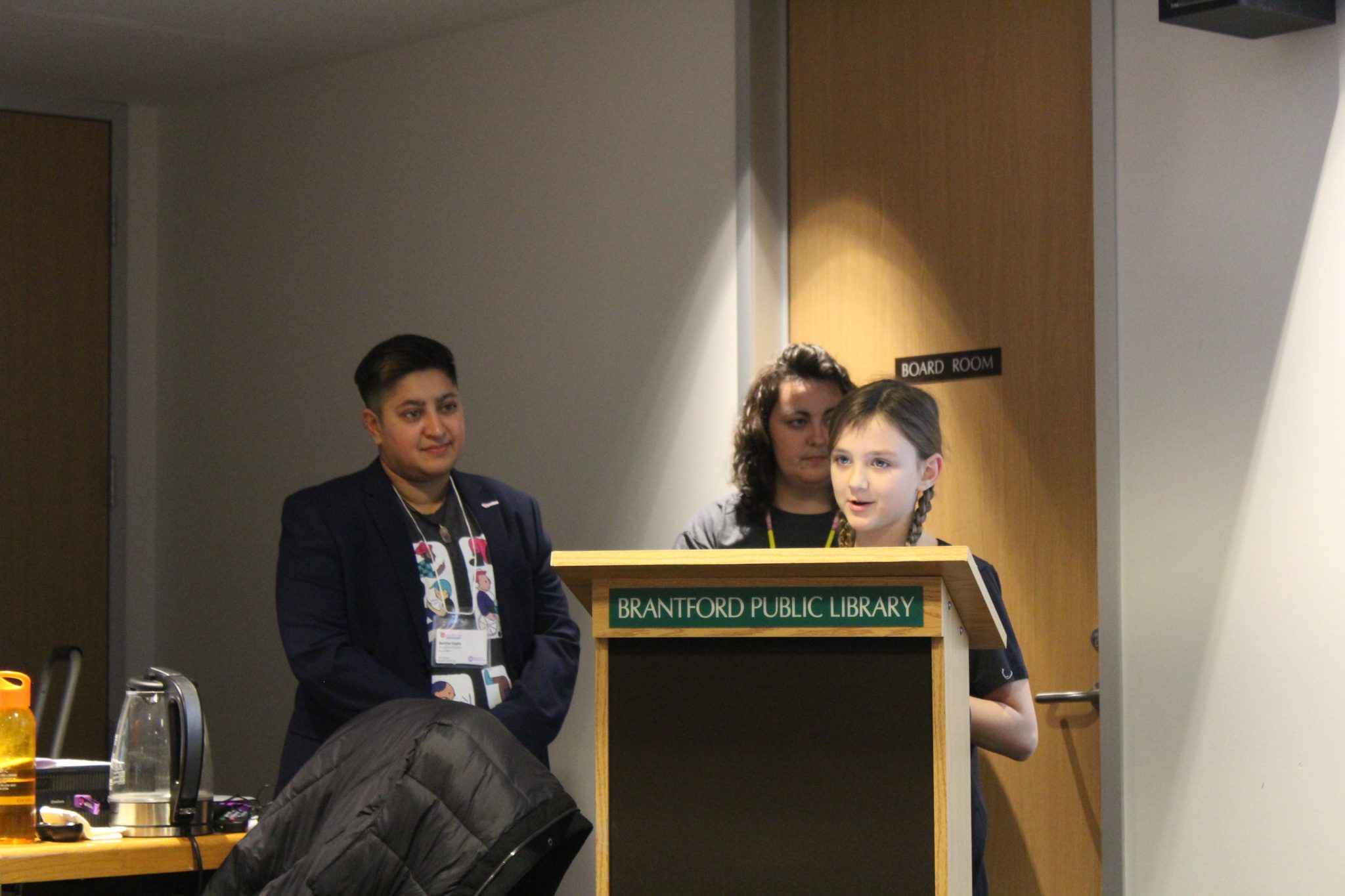Mental health has become a topic of importance over the past few years, and Wilfrid Laurier University has acknowledged this more readily than most other Canadian universities; between their newly enacted fall reading week and other improvements such as the Blue Folder Initiative, Laurier has gained a large amount of ground in the battle for mental health awareness.
Laurier understands that true momentum starts with smart leadership – which is why its administration has taken steps to ensure that professors know how to properly combat mental health illnesses when they are faced with a student afflicted by one.
“Within the Dean of Students offices of both campuses, we acknowledge that we often have students who have difficulties during their time as a student, and they need assistance,” Laurie Fosty, assistant to the Dean of Students on the Brantford campus, explains. “There are various kinds of things that you might see when a student is in distress. They might have a mental health issue that they’re struggling with or they might just be having the worst day of their life so far, but they could look like the same thing.”
Professor Andrew Robinson is the co-ordinator of Laurier Brantford’s Human Rights and Human Diversity degree program, and he is pleased with this initiative.
He states, “I think it’s a great thing. The way university is arranged, a lot of students suffer from depression and suicidal thoughts – not necessarily because of school but by the background stuff.”
He keeps his Blue Folder – a simple, stock-card sheet with a list of symptoms and the appropriate persons to contact when a student of his comes to him for help – on his desk in the event any pertinent situation arises.
“Part of the benefit of university is learning how to deal with time management, multi-tasking and meeting deadlines, but that also generates a great deal of stress,” Robinson says as he reflects on what many students come to him seeking advice for. “I am not sure how you can have one without the other – so these kinds of initiatives that try to look out for those students who are suffering or experiencing extreme effects of stress are important; we can’t not make university challenging, but to say ‘It’s not our problem’ would be wrong as well.”
Fosty would like to remind professors and staff, “If anyone is missing their Blue Folder, they should contact the Dean of Students office, and we can make sure they are sent one. And for staff and faculty that have multi-campus responsibilities, they can have two – one for Brantford and one for Waterloo.”
“Laurier has made a commitment to getting better awareness amongst the staff and faculty as to what mental-health illness is and how to support students and reduce stigma,” Fosty states.
She further explains that many faculty members and student-staff personnel also receive Applied Suicide Intervention Training (ASIST) and SafeTalk – programs that aim to provide ‘suicide first aid’ knowledge for those who may encounter at-risk individuals. To students hoping to learn more about these programs or ways to help others with mental-health illnesses, Fosty says, “Keep reading your e-mails. Watch for the opportunities. We will set up training for staff and will often have open seats available for other students.”



